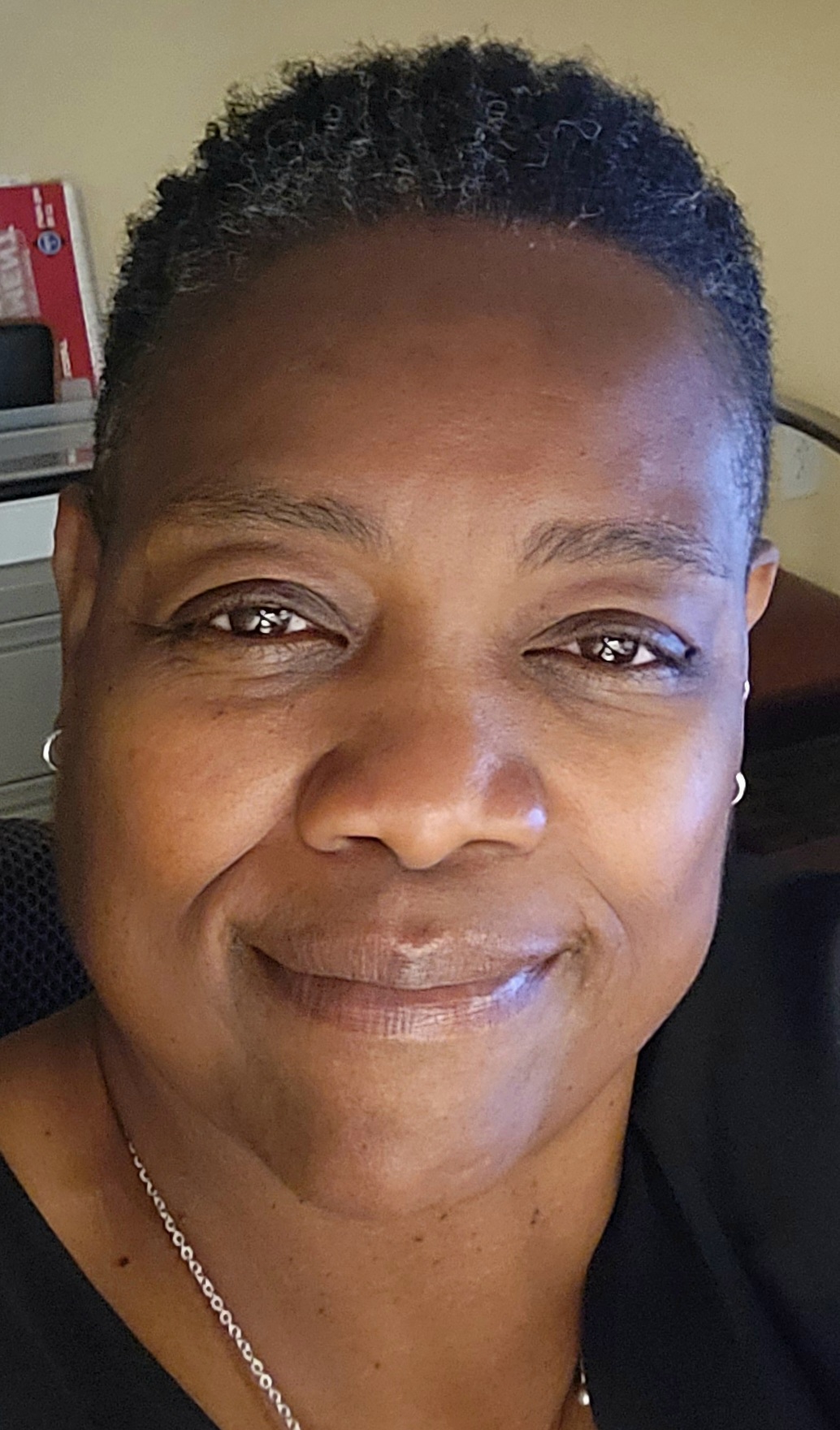Employee Spotlight
July 15, 2022
Reaver D. Nelson, MSW, LISW-S
 Community Resource and Referral Center (CRRC) Program Coordinator
Community Resource and Referral Center (CRRC) Program Coordinator
Cleveland VA Medical Center – VA Northeast Ohio Health Care System
Q: How long have you worked for VA?
A: I’ve been with VA since September 2011, so more than 11 years.
Q: What led you to your position at VA? What did you do before coming to VA?
A: Prior to coming to VA, I was a clinical therapist for a community mental health agency here in Cleveland, OH.
Since joining VA, I’ve spent the entire time working with the homeless programs. Because of our mission to get Veterans experiencing homelessness access to both housing and the full range of VA benefits and services, this job has given me countless opportunities to learn all about the VA system. It has helped me become a more well-rounded clinician who can better serve our Veterans.
Q: Tell us about your role as the CRRC Program Coordinator.
A: Being a program coordinator has a clinical aspect and an administrative aspect. I’m responsible for the clinical supervision of social workers and rehabilitation technicians. Sometimes I get the opportunity to work directly with Veterans, and routinely coordinate with our team to help implement our Veterans’ housing plans.
The administrative part has to do with the day-to-day operations of the CRRC. I coordinate with our VA-funded grantees, help plan and host Stand Down events, and support our various community partners.
Q: What are CRRCs and why are they important?
A: CRRCs are one-stop shops that provide Veterans with access to community-based services that start the process of addressing their homelessness. We are often the very first people Veterans meet and we help link them to the right care that addresses their individual needs.
Here in Cleveland, our CRRC is an arm of the comprehensive service center that also links Veterans to other homeless programs, such as Housing and Urban Development-VA Supportive Housing (HUD-VASH), Supportive Services for Veteran Families (SSVF), VA vocational programs, and others.
Q: What is needed to be effective in your role?
A: To be effective, I need to have good communication skills and be very responsive to the needs of our Veterans. It is critical that we build effective relationships with not only our Veterans, but with our other peers both within and outside VA. Again, we are often the first VA staff member that a Veteran meets when they’re in crisis. We have to make a good first impression and immediately start building trust. Not only that, but it’s our job to connect them with resources, so having partnerships that we can count on with service providers who administer the resources our Veterans need is critical.
Q: What is your favorite part of this job?
A: Being able to use my clinical training to help support our Veterans, problem solve with our staff, and get creative with how we connect Veterans to resources is extremely gratifying. Seeing the results of how it can all come together for a Veteran is rewarding. When a Veteran walks into our CRRC for the first time filled with anxiety and worry, then is eventually able to get the help they need – food, school supplies for their kids, housing – it’s amazing.
Q: What do most people get wrong about homelessness?
A: I think the thing that most people take for granted about Veterans experiencing homelessness – especially those who are unsheltered and literally living on the street – is that as humans, they are so much more than what we see as we pass them by.
In our work, our teams get to know the stories and history of each Veteran we work with. We learn about their life before they became homeless, including their time in the military, education, family, children, and the other gifts they have. With many of these things, as a society, we overlook them and only focus on their immediate circumstances.
They have stories that could fill libraries. It’s important to see people in a lens that is larger than homelessness, not just for their care, but so that we can treat them as human beings.
Q: What would you say to a Veteran experiencing homelessness who may be hesitant to seek healthcare through VA?
A: Whatever is blocking you from seeking care, please know that we are here to help you and work with you throughout the process. We’ll walk alongside you so you can be more comfortable. And whatever is making you hesitant, let’s talk about it and do what we can to work through it and get you the help you deserve.
















